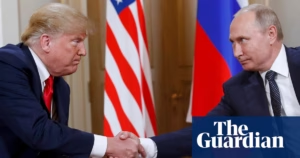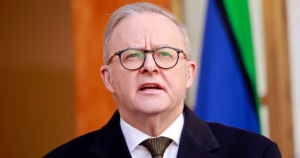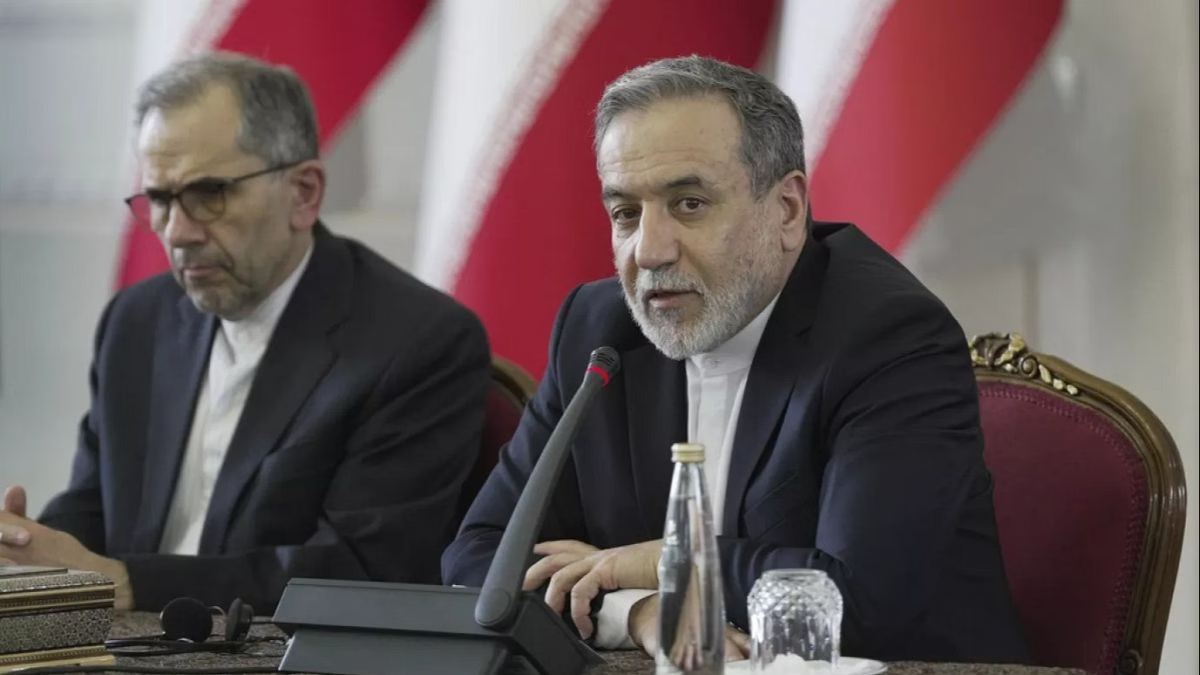
ADVERTISEMENT
The deputy head of the United Nations’ nuclear watchdog is set to visit Iran to try and improve strained relations, though it has been made clear that no inspection of nuclear facilities will take place, according to Iran’s Foreign Minister, Abbas Araghchi, on Sunday.
The visit will mark the first such trip following the 12-day conflict between Israel and Iran in June, during which several key nuclear facilities in Iran were struck by Israel and the United States.
“There will be no cooperation until we establish a new framework for cooperation, and this will be based on the law approved by Parliament,” Araghchi stated on Sunday.
During a television program last week, state media reported Aragchi saying Tehran would only cooperate with the International Atomic Energy Agency (IAEA) upon the approval of the Supreme National Security Council, Iran’s top security body.
On July 3, Iranian President Masoud Pezeshkian directed the country to halt its cooperation with the IAEA after the disputed strikes.
Restrictions on monitoring Iran’s nuclear program likely
The decision is likely to further restrict inspectors’ ability to monitor Tehran’s nuclear program, which has been enriching uranium to near-weapons-grade levels.
It remains uncertain when Tehran and Washington might resume talks for a nuclear program agreement, but Tehran has previously limited IAEA inspections as leverage in talks with Western countries.
US intelligence agencies and the IAEA have concluded Iran had an organized nuclear weapons program in 2003, although this year experts noted Tehran had been enriching uranium to 60%—just a short, technical step from the 90% needed for weapons-grade levels.
In June, the US targeted three major Iranian nuclear sites during Israel’s air campaign against Iran. The strikes resulted in the deaths of approximately 1,100 people in Iran, including military commanders and nuclear scientists, and 28 deaths in Israel.
Tehran asserts the IAEA’s nuclear watchdog basically paved the way for the attacks by publishing a critical report on May 31, leading the 35-nation Board of Governors to deem Iran in non-compliance with its nuclear non-proliferation commitments.
The Islamic Republic, which denies aspirations for nuclear weapons, maintains its commitment to the Nuclear Non-Proliferation Treaty (NPT).
However, according to a law passed by parliament last month, any future IAEA inspections of Iran’s nuclear sites will require approval by Tehran’s Supreme National Security Council.




